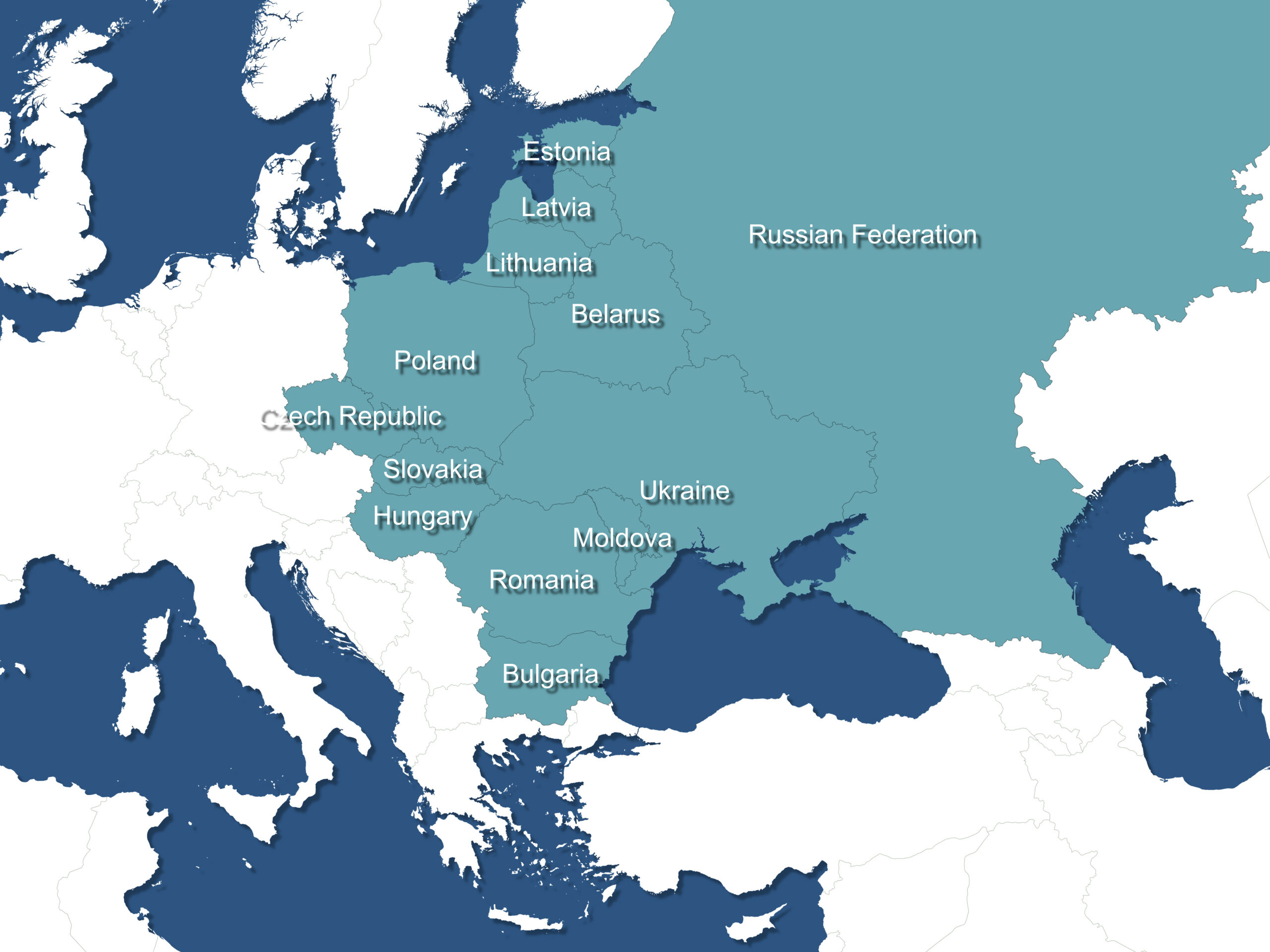Africa does have a burgeoning software development industry with some very talented software engineers, data engineers, and data scientists. South Africa, Nigeria, Kenya, Morocco, and Egypt are countries with large enough software communities to work with and these countries will give you between 3 to 5 hours of overlap in terms of time zone. Although these countries will typically be much less expensive than other regions, the legal systems are quite a bit different which can make writing a contract difficult.
For more detailed information, please read below. I have broken this information out by the categories I feel are most relevant.
Time Zone
Africa is a big continent that spans six time zones but the countries I recommend you deal with will give you between 3-5 hours of overlap so you have time during the day to work with your African teams. Traveling to Africa will involve a good bit of jet lag, high crime, cost of travel, and visa requirements which make traveling to Africa difficult. Getting your African developers to the US typically requires a visa which can also make it difficult for your African team to visit the US.
Cultural Fit/Communication
Culturally, the countries I selected have very difficult cultures and no real common language. However, English is fairly widely spoken in these countries but the accent can be very hard on the American ear. Work culture is also quite different from the US so you definitely need a local project manager who understands American culture to ensure you get accurate information on the project status.
Nigeria and Kenya tend to be centers of excellence in terms of mathematics education so finding Data Engineers and Data Scientists in these countries can be easier than in some other regions.
There are also some companies in Africa that are investing heavily in educating their employees, and a good company that pays the people well can typically command loyalty. However, if you are looking at these companies, I recommend you spend some upfront time interviewing the client to understand how they handle people management and talent management. By people management, I mean that these companies are investing in people who are working with the developers in the local languages to ensure that there are no communication issues. By talent management, I mean that these companies are actively pushing their developers to learn and expand their skill sets.
Tech/Skill Availability
For general software development, Africa tends to be good. Technical skills like React.JS, .NET, and Node.JS are prevalent in the community. Nigeria and Kenya have good educational systems turning out some good data engineers and data scientists so you should be able to find these roles. You can find Business Analysts, UI/UX designers, and Project Managers in Africa but given the time zone and variances between American culture and African culture, I would recommend you hire these roles from the US or Latin America.
Financial/Legal
Africa can be less expensive than Latin America or Eastern Europe but the major problem can be the legal and financial aspects of doing business with companies in Africa. Personally, I recommend you only go with a company that has a US entity and make sure you really pay attention to the terms of the contract. You can find they will ask for things in the contract that are very uncommon in the US. I recommend you dedicate time to reading the contract or have a lawyer review the contract even if you are dealing with a US entity.
Realize that high inflation and economic instability can be a problem in these countries so you need to expect no more than one year of stable pricing. Sending money directly to Africa can also be somewhat difficult and therefore, I recommend you deal with a company with a US entity to shield you from all of these difficulties even if you have to pay a premium for it. Moreover, a company with a US entity will typically understand American ways of doing business better.





